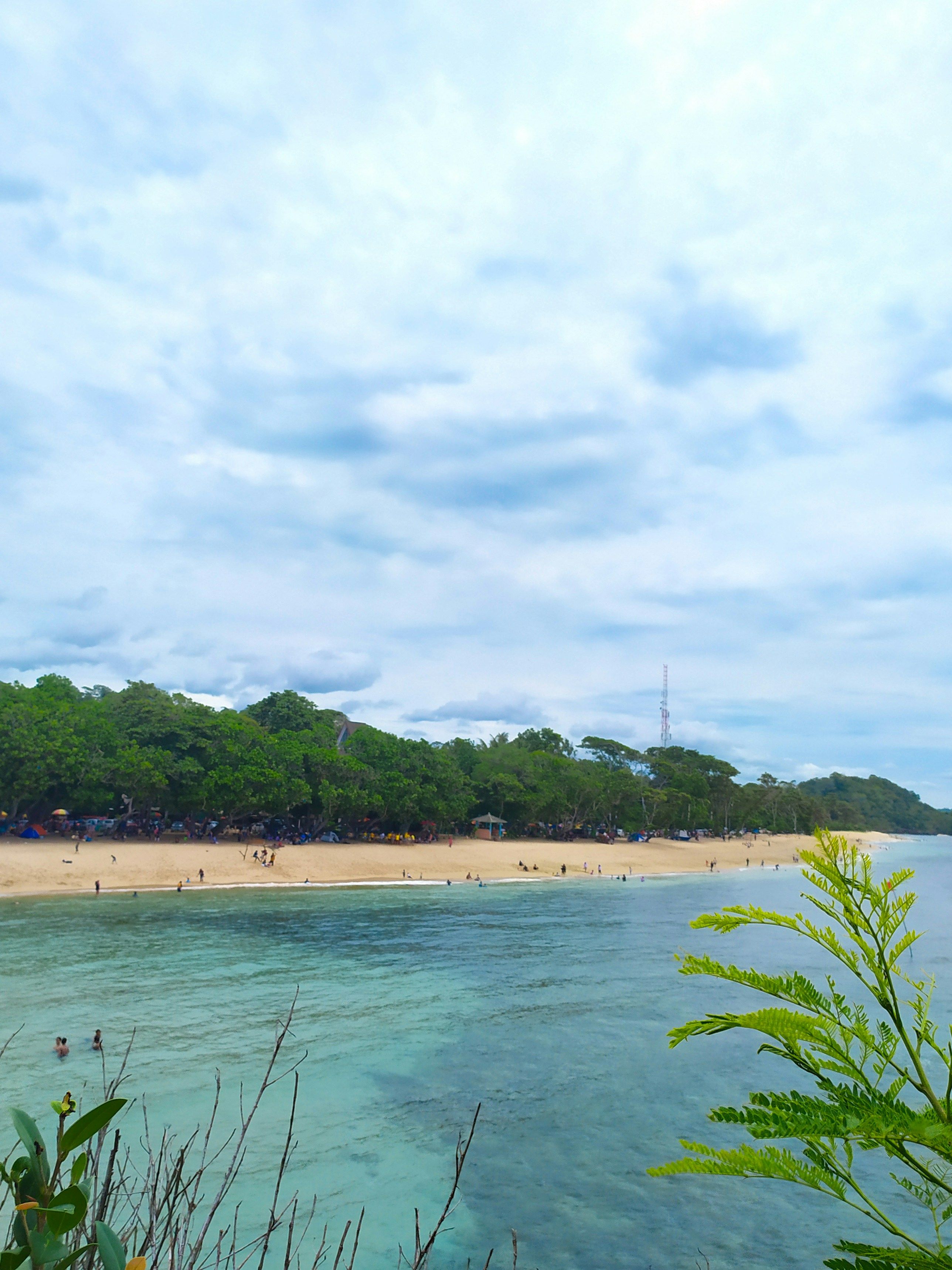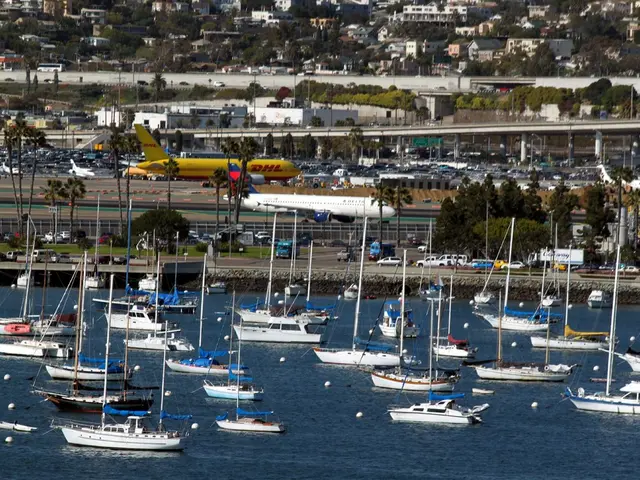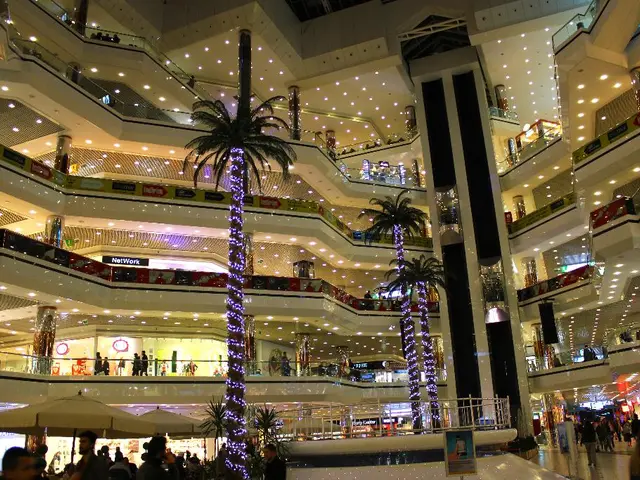Train Headaches: Is a Rail Summit on the Horizon in Rhineland-Palatinate?
Potential Rail Disarray Resolution: Is a Railway Conference on the Horizon? - Following the train accident, is there a discussion or meeting regarding the railway sector scheduled?
Frustration, resentment, and clear demands — politicians across party lines in Rhineland-Palatinate have been slamming the numerous issues in train transportation. The primary complaint: dismal communication from the railway company. The main request from the parliament: a rail summit with the railway company. Minister-President Alexander Schweitzer (SPD) should prioritize this.
Green Transport Minister Katrin Eder has called out communication flubs by the railway company, citing an unacceptable distance from the customers. Mishandling massive short-term cancellations in train traffic should be avoided. Key events like the Rhineland-Palatinate Day, Wurstmarkt, and Bundesliga games should be considered in the plans.
Rebuilding Shattered Trust
The railway company needs to regain the trust of passengers, asserts Eder. Yet, the rail system is structurally strained. Capacities on the Rhineland-Palatinate railway need expansion. Eder also looks to the federal government for support, as her predecessor hails from Rhineland-Palatinate.
The FDP's Marco Weber and the Free Voters' Stephan Wefelscheid called for a rail summit with the railway company to tackle the numerous issues. Opposition politician Wefelscheid urged Schweitzer to make this summit a top priority.
A Long List of Issues
Benedikt Oster (SPD) highlighted the challenges for train passengers: the replacement bus service falls short, real-time displays for passengers are absent in case of breakdowns, platforms are obsolete, and toilets are in a distressing state. The railway's lack of performance leads to loss of trust, prompting people to revert to cars.
CDU MP Gerd Schreiner pointed to the government's responsibility, involving the participation of the SPD. Urgent investment in the construction of new railway lines is needed.
Harsh Criticism of the Federal Government
The federal government has consistently ignored regional rail issues, explained AfD MP Ralf Schönborn. A trail of non-action rules the rails. Green politician Lea Heidbreder urged for the rail system to be bolstered, lest Rhineland-Palatinate be left behind.
The Rhineland-Palatinate Association of Entrepreneurs welcomed the railway's intention to catch up on the investment backlog in rail infrastructure. A reliable rail infrastructure is crucial to the country's future economy. However, Tacke, the Association's managing director, noted that "the current restrictions are hitting hard during an especially unfavorable period for companies in Rhineland-Palatinate." Delayed logistics, low Rhine water levels, border control intensification, and labor shortages further burden the region.
Recent cancellations and delays only add to the strain on supply chains and commuter routes.Surprisingly silent on the matter, communication from the railway company has been scarce. Passengers and commuters have endured patient-testing situations in several routes in Rhineland-Palatinate and the Rhine-Main region. Train connections such as S-Bahn lines 8 and 9, crucial to the Rhine-Main region and trains between Koblenz and Mainz, have been affected.
The paradigm shift in rail travel becomes apparent as Europe braces for a resurgence in rail travel as a response to climate and transport challenges[2]. Modernized rail infrastructure seems within reach, with innovations like the Mireo Plus B battery-electric trains in Westerwald, Germany[1]. However, the rail sector faces challenges like driver shortages and operational issues[4]. Any rail summit would likely focus on addressing such challenges to capitalize on opportunities in rail development.
- Amidst the calls for a rail summit, Katrin Eder, the Green Transport Minister, proposes that the Commission submit a proposal for a directive on the environmental protection laws of Member States, aiming to ensure a sustainable future for the rail industry.
- In the midst of politics and policy-and-legislation discussions, the proposals for the rail summit extend beyond railway operations, with finance experts contemplating the potential impact of economic investment on rail infrastructure and transportation.
- As the rail summit approaches, general news outlets are considering the broader implications of the rail industry's progress on the environment, finance, and transportation, focusing on how the directive on environment protection could shape the future of politics and policy-and-legislation in Rhineland-Palatinate.








